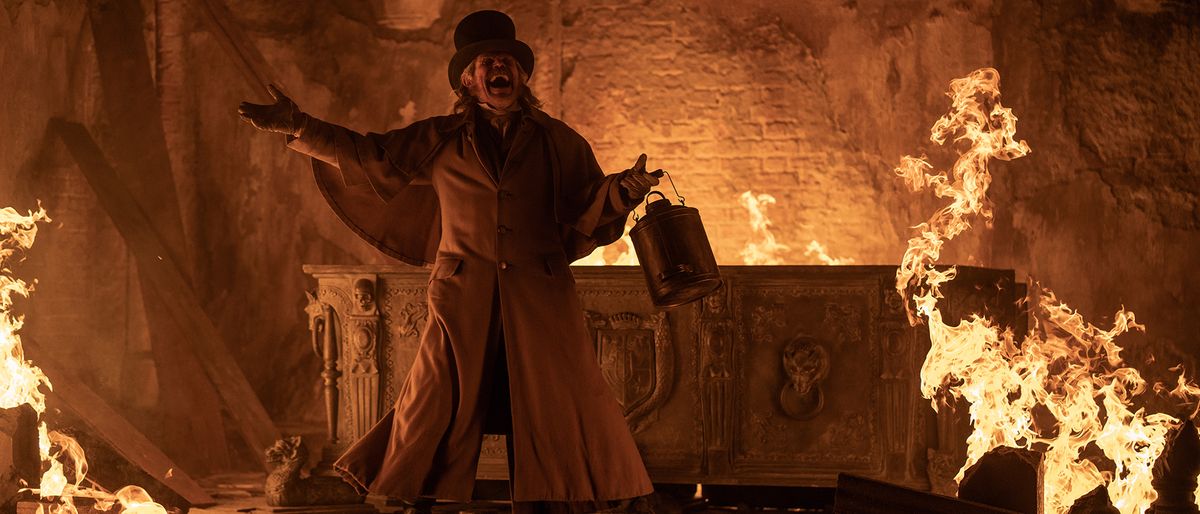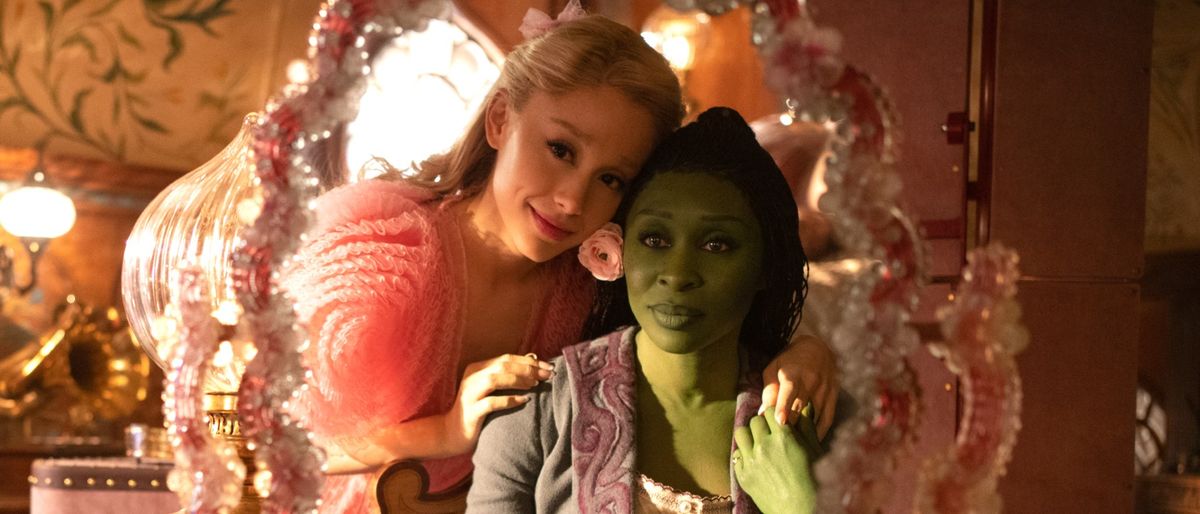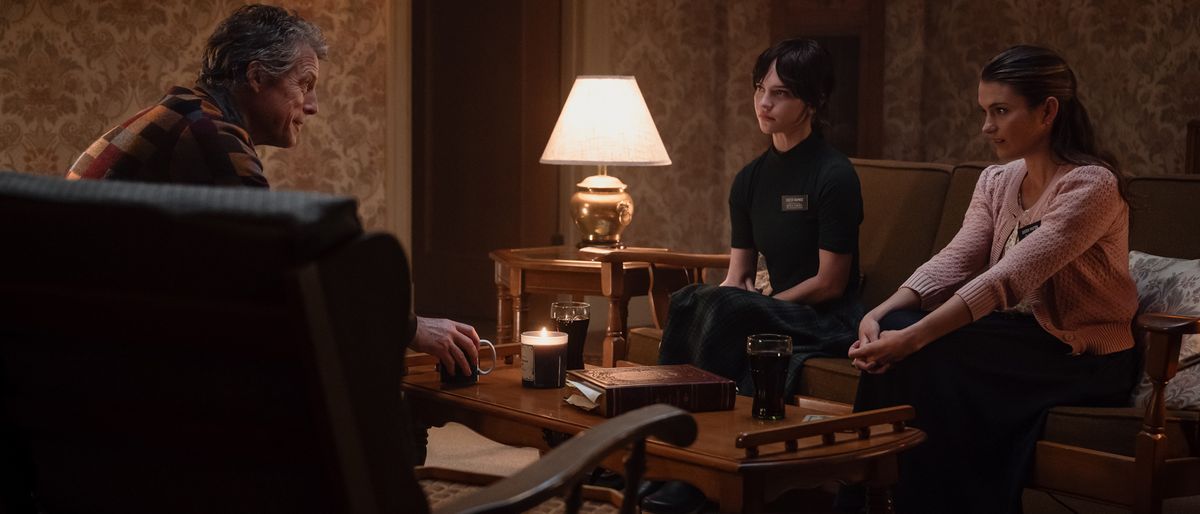
★★★★
Baz Luhrmann (Romeo + Juliet) is back, this time writing and directing the dramatized biopic Elvis. Luhrmann’s script with Sam Bromell (The Get Down) and Craig Pearce (The Great Gatsby) tells the story of the larger-than-life rock and roll icon in a magnificent way that only this flamboyant director could achieve.
Young Elvis Presley lives in the white part of Tupelo, Mississippi’s shantytown, reading comic books and hoping for a better life for his family. Adult Elvis (Austin Butler) finds the path to that better life in the music of juke joints and tent revivals, catapulting him to a career of spectacular proportions. This career is aided and exploited by Colonel Tom Parker (Tom Hanks), who guides Elvis’s every career move and often his personal choices. From his first appearance on television to his untimely death, one thing is sure – Elvis will live forever.
Luhrmann’s unique character and style are projected on every aspect of the film, and in most cases, this makes for an exceptionally positive experience. He knows how to get the most out of his actors, whether a lead character or a bit part. Each move is choreographed with the camera, and every scene change is blended with marquees, unique cinematic angles, and story-telling text elements. The contrast of light on Elvis and darkness on Parker is central to how the characters are viewed. As far as these two go, it takes a lot for someone to overshadow Hanks; but Butler is amazingly up to the task. His natural ease with Elvis’ looks, moves, and personality draws the audience in as he truly channels Elvis’ character. The decision for Hanks to have an overblown accent the real Parker didn’t possess is a little strange. Still, the point may be to separate him further from those around him. The only drawback to the script is that it occasionally drags as it slips from the middle to the final act, which is somewhat distracting. Some liberties are taken with precisely what happened and when, but this doesn’t matter. The film is from Parker’s point of view, so it is only natural that things might appear differently from that viewpoint. Despite this, there is no doubt who the piece’s villain is, just as was later revealed in real life.
As always with Luhrmann, the cinematography is a cavalcade of spectacular shots. Light, shadow, and especially color make for a dazzling display. These are accentuated by Luhrmann’s skill in selecting soundtrack songs that traverse time and space to hit the moment perfectly. He doesn’t need them to mark the period exactly, and they don’t even do so with Elvis’s songs, to make the point Luhrmann is after.
To the extent that Elvis was such a larger-than-life personality. it was going to take a writer/director of equally epic proportions to bring that life appropriately to the screen. Luhrmann fits the bill perfectly with a movie that feels like its own version of a Vegas residency. Love him or hate him (which applies to both Luhrmann and Elvis), you can’t help but watch him – and that, quite frankly, is what makes this film a feast for any audience.


